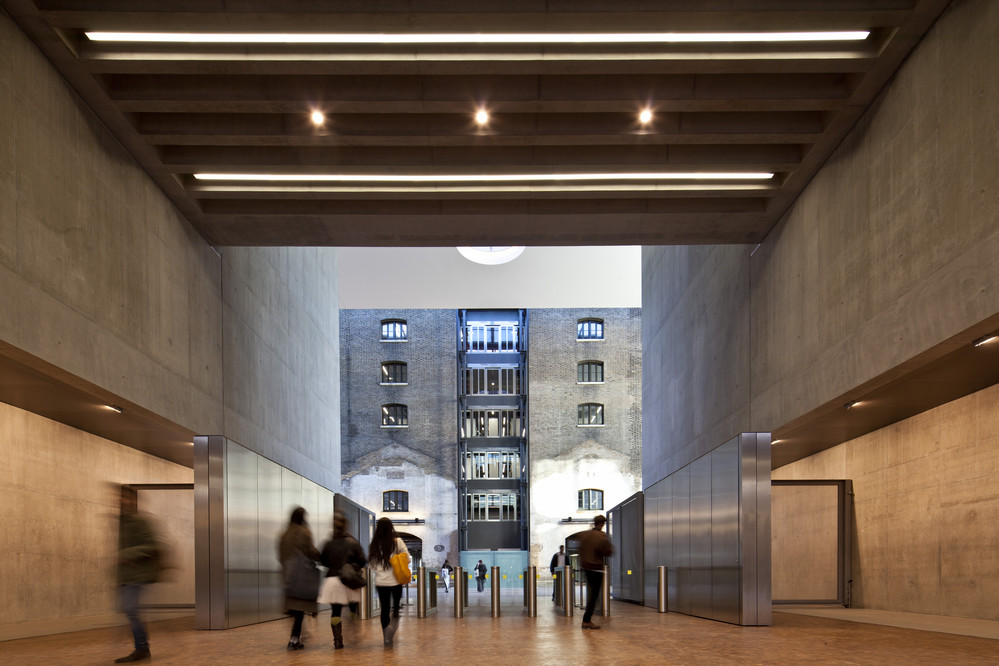With the College launching an MBA, in partnership with Birkbeck, we asked the new course’s leader Pamela Yeow what happens when business and creativity meet.
“Why combine the art school with the business school?
Our MBA is for those people who find the traditional MBA an awkward fit and are looking for something different. Crucially, it’s not about fashion or even the creative industries; it’s not a business course for designers. Creativity and innovation is required in every kind of job today from a marketing consultant or a head teacher to an HR manager in local government. Design thinking is second nature at Central Saint Martins but unheard of in business. Prototyping, iterations and collaboration all have so much to offer. We all like to think we’re flexible but inherently we often need to break out of the mould, that traditional way of thinking.
Creativity is a piece of the puzzle that has been missing from business education.
For a long time, I’ve thought that the delivery of traditional MBAs was silo-ed: a module on leadership, a module of strategy, a module of operations management. It’s all stop and start. In the real world, solutions are never so clear. If you have a staff member who’s unhappy, a pay rise might make them happier in the short term but the solution is more likely about workflow, ambitions or flexibility. A compartmentalised outlook isn’t going provide you with the adaptability and resilience to solve those problems.
The contemporary world demands business innovation.
The financial crisis, Brexit, Trump, climate change. There are so many complex challenges facing us and we have a responsibility to reflect and respond. Just think about all the recent scandals from VW and Libor to horsemeat and exploding phones – you name it, there’s a scandal. Why is that? Perhaps, current business models are untenable and we hope that our graduates will change the approach for the better.
Business shouldn’t be afraid of those larger questions and looking from a different perspective.
It’s not just about profit but people and the planet; it’s a triple bottom line.
We don’t want to go into a venture when there’s no money to be made, whether the margin is 1%, 10% or 100%. That’s business and even NGOs make a profit. But it stretches far beyond that. Business shapes not only the lives of workers and customers but also anyone in the supply chain. The impact is not only social but ethical, we need to be good in the way that we work. It’s not about turning off lights and using less paper but how to do things in a sustainable manner. How can Nike do good business by making shoes someone wants to buy and yet treat its labour well? Our MBA holds these social and ethical questions close to its heart.”
More Information:



